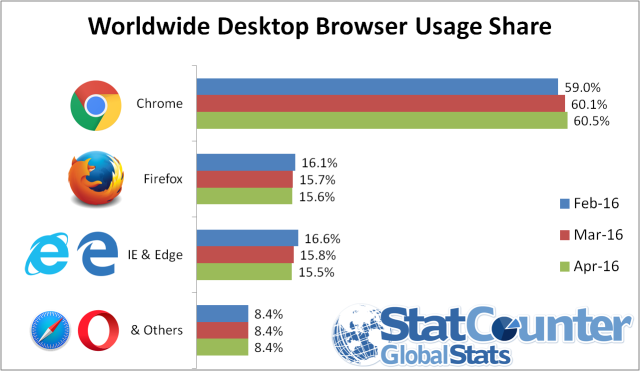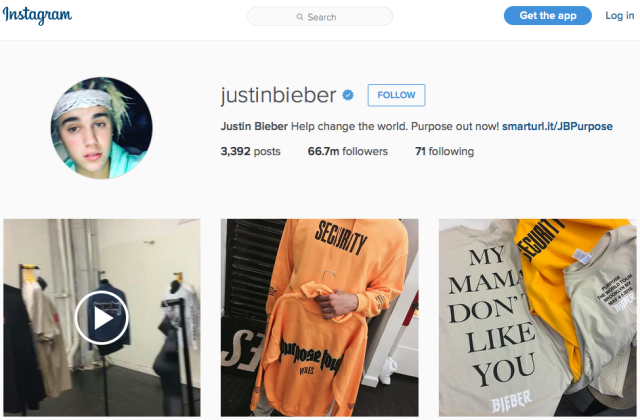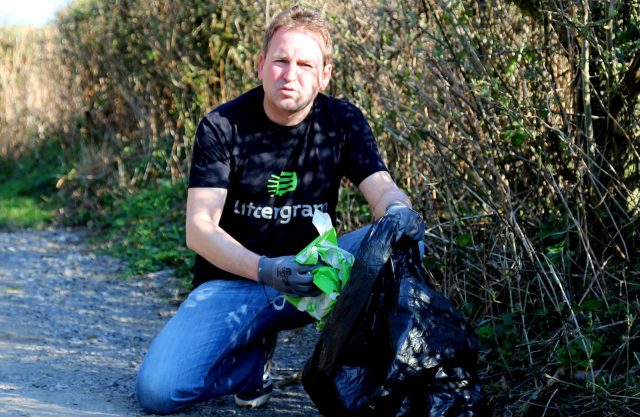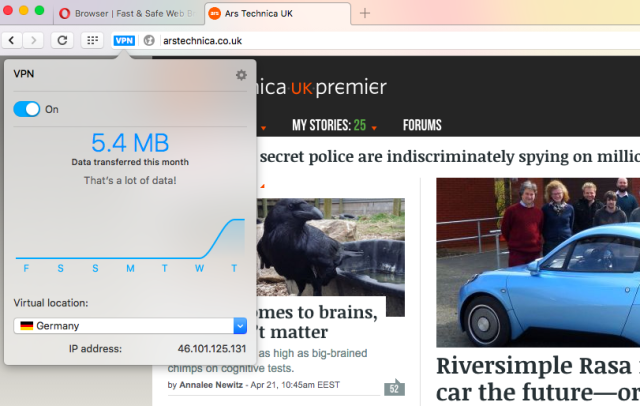
(credit: Hyperloop Transportation Technologies)
The Hyperloop has been in the news a lot over the past months, although most of these recent stories have covered the murky goings-on at Hyperloop One. There's a lot more to the Hyperloop concept and technology than the funds misappropriation scandals of one Silicon Valley startup, however.
The first and probably most important thing to keep in mind about this futuristic transportation technology is that there's actually more than one company working on making it a reality. Hyperloop One and Hyperloop Transportation Technologies (HTT) are the most significant ones, but the open nature of Hyperloop means there could be many more flying under the radar.
HTT has attracted slightly less media attention than Hyperloop One, partly because the company has not yet raised any external funding or conducted large-scale test runs. It has, however, announced two transportation projects—one between LA and San Francisco, and the other connecting Bratislava, Vienna, and Budapest. In addition to these, it has also intrigued journalists with boasts of a new material called "vibranium," of which its capsules will be made.








